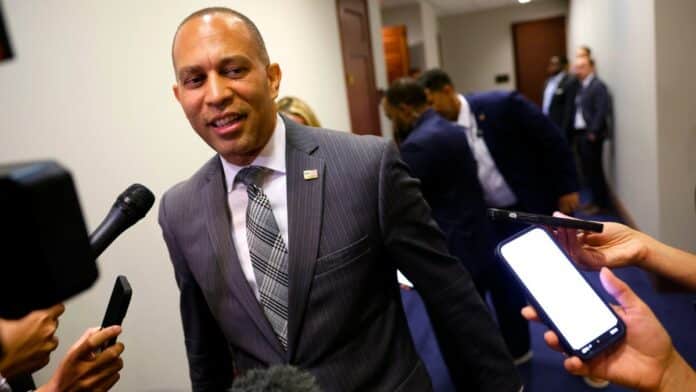Former California Governor Arnold Schwarzenegger sharply criticized current Governor Gavin Newsom’s redistricting proposal, calling the notion that it would be “temporary” nothing more than a “total fantasy.”
Schwarzenegger told CNN’s Jake Tapper that programs labelled “temporary” tend to become permanent, remarking: “The longest programs are government programs that are temporary… So therefore I don’t think it is temporary. So that’s total fantasy.”
He warned that a redrawing of congressional lines in California could entrench gerrymandering, stating that once the power shifts, it rarely reverts back.
The plan in question is Proposition 50, which would replace the state’s independent redistricting commission for several election cycles with maps drawn by the legislature.
Schwarzenegger, who helped establish the independent commission, framed his opposition as part of protecting democratic norms rather than a partisan maneuver. He told audiences that both parties should “outperform” each other through competitive elections rather than map manipulation.
By raising this alarm, Schwarzenegger signals concern that California’s existing structures for fair representation could be eroded under the guise of temporary reform.












